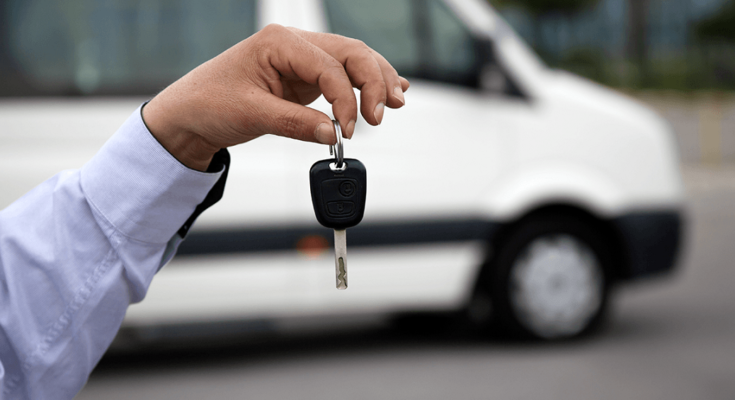If you’re looking to get a van for your business, you may not be sure which funding option is right for you. If you want a van for your self-employed business or you’re a manager looking for vehicles to join your fleet, it can be hard to know what the most cost-effective way is to buy a van. However, buying a van for your business doesn’t have to be stressful! The guide below has been created to help you get a van that meets your needs with a price tag that will suit your budget. Let’s take a look.
Buying a van with cash
For many van drivers, cash is king. Cash can be the most straightforward way to pay for your van purchase. When you buy with cash, you can get a van from a dealer or private seller. Buying with cash means you can own the van from the offset, with no harm to your credit score and no additional fees or interest to pay. However, getting a van that’s right for you can be expensive and if you’re only a small business or self-employed, you may not have the funds to hand to buy a van with cash.
Leasing a van
Van leasing is when you borrow a van over a set period and pay for it monthly. You usually put down a small initial rental to ‘hire’ the van and pay a monthly fee to use it. When the lease has ended, you simply hand the van back to the van lease provider. Leasing is essentially just hiring a van for a specific period and can work great if you are looking to lease numerous vehicles or just one. You can lease a new or used van too but can be the most beneficial for brand new vans. You don’t have to worry about the depreciation of your van from new and you won’t need an MOT until the van is 3 years old.
Getting a van on finance
Buying a van on finance is becoming more popular these days. It allows you to get a better van than you probably would with cash and pay for it in affordable monthly payments. A van finance company can usually offer you both hire purchase and PCP deals on new or used vans. Hire purchase can be the most beneficial as you can pay for your chosen van in monthly instalments, with interest, till the end of the agreement. Unlike leasing, you have the choice to keep the van you love by paying a small option to purchase fee at the end of the agreement.
What to consider before buying a van:
No matter which route you decide to take when getting a van, there are a few factors which may sway your decision.
• Budget
If you don’t have enough cash saved up to get a new or used van and want to purchase an older van, its best that you do thorough checks before you commit. Older vans are more likely to have covered more miles and could have underlying issues. Alternatively, you could use what you have as a deposit for van finance and then spread the cost.
• Credit score
If you’re planning on going down the finance route, you may want to check your credit score first. It can be possible for people with bad credit to get a van, but you may get a better deal by improving your credit score. This is because those with good credit scores are less of a risk to lend to. If you’re not sure where you’re at, you can use a free car finance check to see where you fall on the credit scale.
• Running cost
Not only will you have to fund your van, but you will also need to know the cost of running one. Vans can be expensive when it comes to fuel and servicing if you use your van daily to transport heavy loads. It’s worth comparing different makes and models to see if you could get a van that’s right but with low running costs. You should check factors such as van insurance, road tax, fuel costs, miles per gallon and servicing and maintenance costs.




